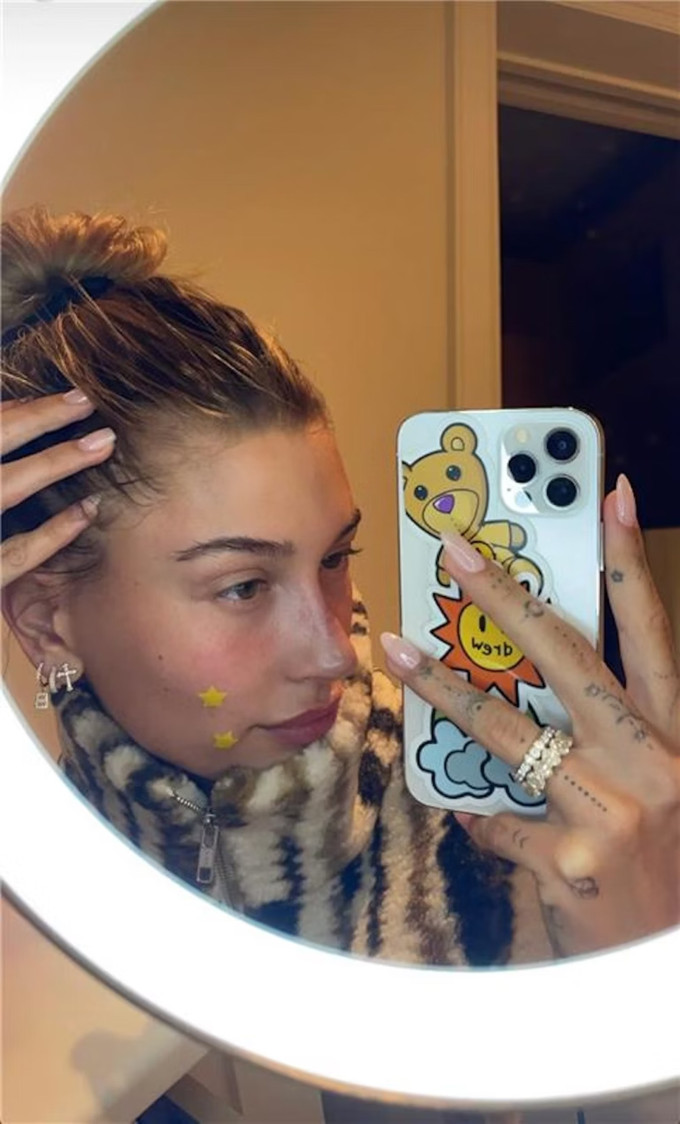Are pimple patches the ultimate acne solution? Dermatologists answers
You must be living under a rock devoid of skincare if you haven’t heard about pimple patches. Marketed as one of the most simplistic and quick cures to acne — pimple patches — have gained a positive reputation amongst beauty enthusiasts and celebrities alike. Coming in various shapes, sizes and colours, from hearts and stars to rainbows, these patches are touted for not only minimising the appearance of your pimple but also effectively healing it. But do these claims hold any merit? We reached out to experts to find out if these patches are as miraculous in treating acne or just a passing fad.
How do pimple patches really work?
Pimple or acne patches are adhesive patches designed to be applied directly onto acne-prone areas of the skin. Dr Shikha Khare, consultant dermatologist at Yatharth Super Speciality Hospital, Noida Extension, says that they serve multiple purposes, such as absorbing excess oil and promoting healing. “Other than coming in various colours, they are typically transparent or flesh-toned, making them discreet for daytime or overnight use.”

The most popular ingredients used in these pimple patches, according to Dr Khare, are hydrocolloid, salicylic acid, tea tree oil, and other soothing agents. “While hydrocolloid, known for its absorptive properties, helps draw out impurities, excess oil, and pus from the acne lesion, salicylic acid facilitates exfoliation and unclogs pores, thereby promoting a faster healing process. Additionally, tea tree oil, recognised for its antibacterial properties, reduces inflammation and prevents bacterial growth.”
She adds that some patches might contain ingredients like aloe vera or chamomile to soothe the surrounding skin and reduce irritation.
Are they effective?
View this post on Instagram
A post shared by ZitSticka™ (@zitsticka)
If you’re prone to touching your pimples endlessly, Dr Seema Oberoi Lall, consultant dermatologist at CK Birla Hospital, Gurugram, explains that these patches can prevent you from worsening your skin’s condition.
However, she mentions that they can create multiple problems for your skin. “The glue used in these patches can cause injury or allergies on the spot. The actives added to these patches, like salicylic acid, can also cause irritation when the patch is used for long hours. Other than that, acne usually come in batches, which can include multiple types of pimples in a zone, so just using one patch wouldn’t be enough.”
Dr Lall also believes that better acne healing happens when the skin is exposed to air, which helps the pimple dry up faster, instead of it being stuck under a patch for extended durations. She recommends people with sensitive skin, allergies, or severe acne to avoid using patches.
However, Dr Khare points out that individuals with mild or moderate acne concerns, such as whiteheads and small pustules, might be more suitable to use pimple patches.
Are spot treatments better?
 Are pimple patches good for your skin? (Source: Hailey Bieber/Instagram)
Are pimple patches good for your skin? (Source: Hailey Bieber/Instagram)
While pimple patches are less effective on deep, cystic acne, Dr Khare says that they can target surface-level lesions. Although, she explains that some users might experience difficulties with patch adherence, especially if applied over oily or moisturised skin.
In such a scenario, the dermatologist suggests using topical gels or creams as they not only target specific bumps and areas but also because these formulations address acne that is beneath the surface and in the early stages of development.
So, while the efficacy of pimple patches is limited — catering to specific skin types and conditions — they have acne-fighting capabilities that can cater to smaller nodules and acne spots. “Pimple patches provide a physical barrier, preventing inadvertent picking or touching of acne lesions. However, those with known allergies to the ingredients, open wounds, broken skin, or irritated areas should seek professional dermatological advice,” Dr Khare concludes.
Disclaimer: The copyright of this article belongs to the original author. Reposting this article is solely for the purpose of information dissemination and does not constitute any investment advice. If there is any infringement, please contact us immediately. We will make corrections or deletions as necessary. Thank you.





